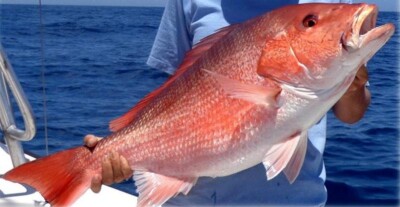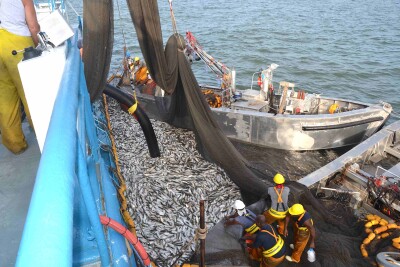Oceans are becoming more acidic as they absorb all the carbon emissions humans release into the air. And it could impact the Atlantic seaboard’s scallop industry, which brings in hundreds of millions of dollars. A team of researchers is working to predict just how bad the damage might be.
Researchers with the Woods Hole Oceanographic Institution (WHOI), National Oceanic and Atmospheric Administration (NOAA), and the nonprofit Ocean Conservancy unveiled a computer program that analyzes data on changes in the ocean, the scallop population, and the economy.
The tool is unique, according to Jon Hare, director of the NOAA fisheries lab in Narragansett. He said the goal is to give scallop fisheries the chance to prepare for climate change, and “use this model to evaluate how the population would respond to ocean acidification and changes in management.”
With this type of information, Hare said fishermen could adjust where and how much they’re fishing, which might help protect the scallop population.
Read the full story at Rhode Island Public Radio >>
Read more about Climate change >>






